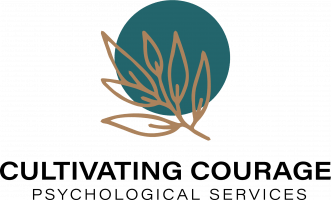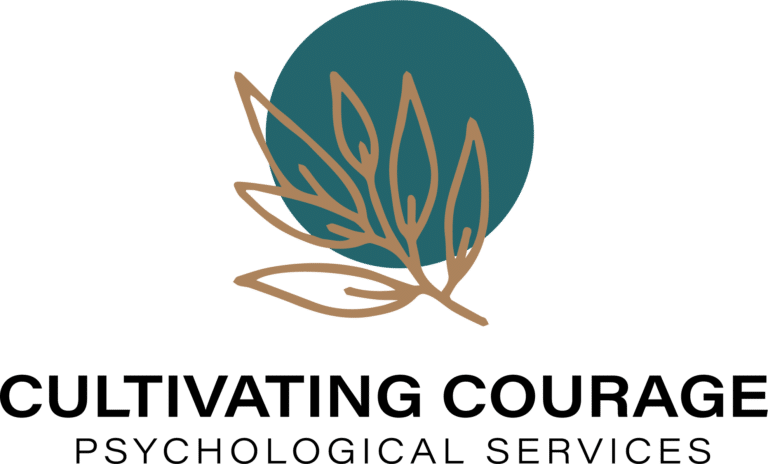Co-regulation is a tool that is used in secure relationships that helps you to teach, model, demonstrate and invite emotional regulation through your own example. This helps your loved one figure out how to navigate self-regulation in the future. This tool is often used by parents with their kids but can be used in other relationships.
7 Ways to Co-regulate
- Be accessible, responsive and engaged
The key here is being present, especially without phones or other distractions. Listen and provide support. What kind of support will be dependent on them, so do not be afraid to ask: How can I support you? You can even give them ideas of different types of support. Examples include: Do you want me to just listen? Do you want advice? Do you want support in problem solving? Do you need a hug?
- Model self-regulation skills
This means that it is not only okay to show your child if you are struggling, but it is actually recommended! Show them how you work through your own emotional struggles. They key here is making sure they don’t feel responsible for your emotions and that you are able to you manage them on your own and can model that process to them!
- Foster a warm and accepting relationship
Connection, connection, connection, and it’s best to leave judgment at the door.
- Demonstrate problem solving
Again, when it comes to secure relationships – modeling is one of the most effective ways of teaching your loved one. You’ll be surprised by what they pick up watching you as you show off your problem solving skills!
- Maintain clear boundaries
This plays a role in maintaining a safe and secure relationship as well as sharing how to hold and keep appropriate boundaries with others.
- Model self-compassion
Exhibit how you give yourself a break! As stated above, it’s great to show how you problem solve but it’s equally important to model self-compassion and how it is okay to make mistakes. After all, we are all human!
- Exhibit taking time and space
We all need to do this sometimes! It is important to note that if space was needed due to an argument or tension in a relationship, that you take the time to come back and repair after you have been able to take some time and space.
Ways to help your kid co-regulate can change in different stages of their lives. To learn more I recommend reading “Co-Regulation From Birth Through Young Adulthood: A Practice Brief” found at:
https://fpg.unc.edu/sites/fpg.unc.edu/files/resources/reports-and-policy-briefs/Co-RegulationFromBirthThroughYoungAdulthood.pdf



